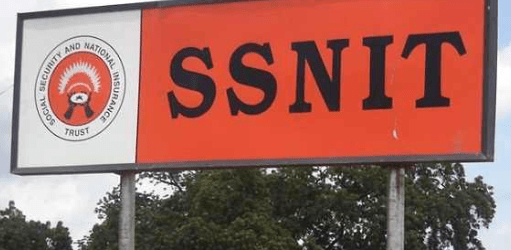GH¢2.5billion in bonds owed to the Social Security and National Insurance Trust (SSNIT) has been paid by government.
Director-General Kofi Osafo-Maafo made this known during a speech at a stakeholder engagement with pensioners in Kumasi.
He further mentioned that as of August this year, SSNIT had paid well over GH₵3.7billion in pensions to over 250,000 retired workers in the country.
As a result, Mr. Osafo-Maafo reiterated the commitment of SSNIT’s management and staff to improving the scheme’s underlying efficiency and sustainability.
Despite challenges, the SSNIT pension scheme has been a lifeline – providing security, dignity and hope to retired workers. From 1991 to date, SSNIT has never reneged on the payment of pensions to pensioners,
The Social Security and National Insurance Trust (SSNIT) has projected that its Self-Employed Enrolment Drive (SEED) could see a surge in enrolments, potentially reaching 250,000 people in the coming year.
Since the campaign’s launch in May 2023, about 120,000 individuals have already been enrolled as of September.
The initiative aims at expanding coverage of the basic National Social Security scheme to self-employed workers, ensuring they can retire comfortably and with dignity.
The campaign seeks to redefine social security in the country, offering hope to self-employed workers that they too can enjoy a secure and comfortable retirement.
Joseph Poku, Chief Actuary-SSNIT, attributed anticipated growth to the campaign’s geometric expansion, particularly through the Operation-A-Thon sensitisation tour that covers major towns across the country.
‘Operation-A-Thon’ (Ops-A-Thon) is part of SSNIT’s ongoing efforts to educate self-employed individuals about benefits of the SSNIT Scheme and encourage them to enrol.
As part of this initiative, SSNIT staff are touring business hubs, markets and key streets in selected towns, distributing flyers and holding placards to raise awareness and encourage self-employed persons to join the scheme.
Similar events have already been successfully held at Wa and Techiman in the Upper West and Bono East Regions, as well as Koforidua-Eastern Region and Tarkwa-Western Region.










